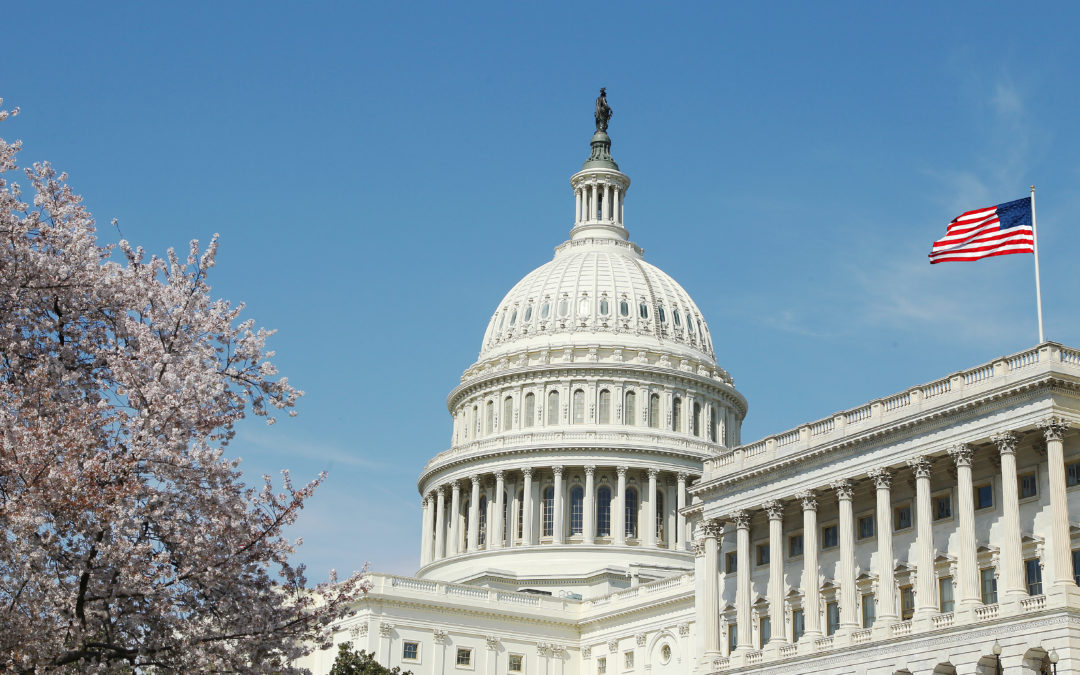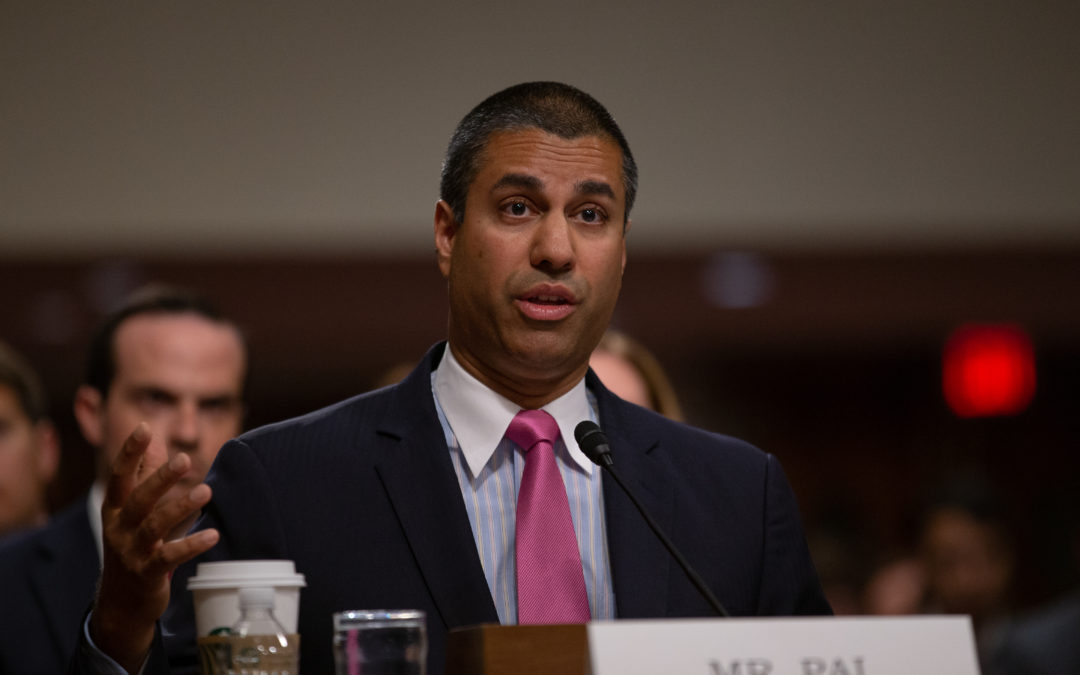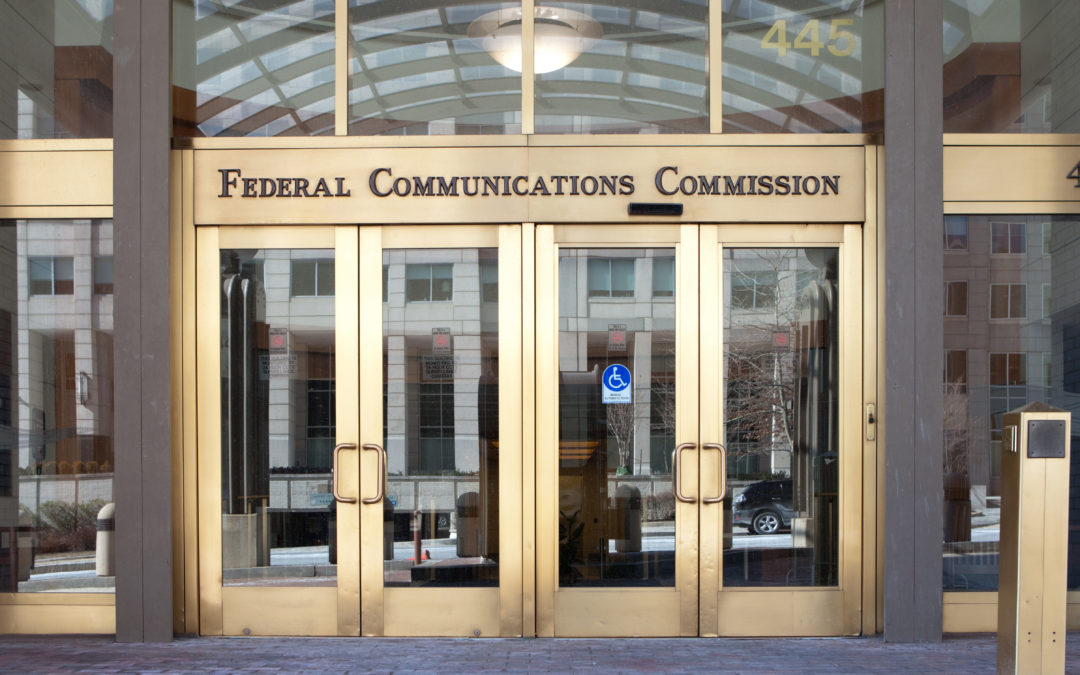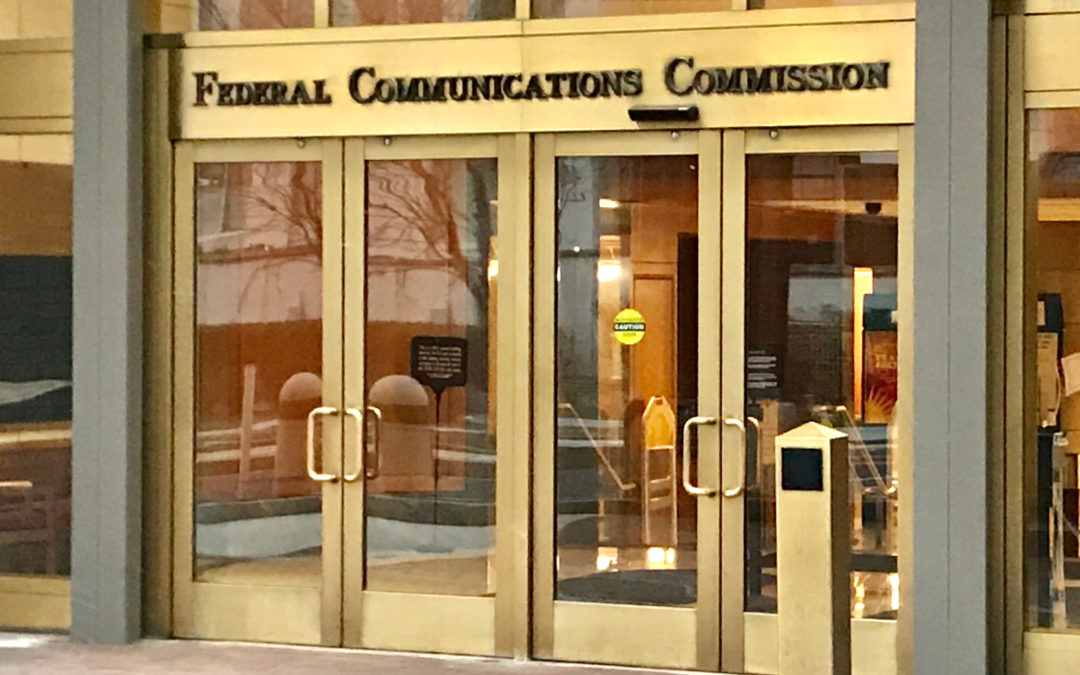Fantasy sports is an industry that’s growing like almost no other. It’s estimated to be a $28 billion market in 2023 and set to grow to more than $50 billion by 2028. Nearly 20% of Americans age 18+ participate in fantasy sports. 20%!
As with all growing industries, innovation is vital to its continued success. But with innovation and growth comes the ever-present threat of government intervention and regulation.
Innovation is the lifeblood of the U.S. economy. A thriving economy depends on a healthy and pervasive innovation ecology across all industries. So, when government directly or indirectly gets in the way, everyone should be concerned.
Computing and sports gaming have a long history of innovation, with computers being used beginning in the early 1960s. More recently, fantasy sports have become increasingly mobile as the computing power that used to take up an entire room can now fit in the palm of our hand. The entire industry has evolved to become one oriented around ease of use, intuition, and convenience.
Sports gambling has grown enormously over the last few decades as, again, technology and innovation have made it more accessible and easier to bet on your favorite team or a risky coin toss. These games of chance depend predominantly on randomness and luck. The gamblers have little to do with the outcome. That uncertainty is the thrill and the appeal. In its simplest form, think of betting lunch with a colleague on the outcome of Monday Night Football.
Something that at first blush may seem similar but is inherently different is fantasy sports. Fantasy sports require skill, insight, assessment, research ability, knowledge, and strategy on the player’s part. The skill of the player directly affects the outcome. Spotting factors that others do not is the thrill of this game, not randomness or luck. The industry’s growth has led to an explosion of new players in this space who want to get in on the action, continue to innovate, and continue to build out new companies and new ideas.
But as is often the case, growth and innovation draw the attention of competitors and government regulators alike. Concerned about the growth of fantasy sports eroding their position in sports betting, some larger, established players are looking to partner with the government to shut out the competition. They want to rig the game by “rent-seeking.” Make no mistake: Innovation and, most importantly, the consumer will suffer.
In economics, “rent-seeking” occurs when companies leverage government to grab a portion of existing wealth or lock in their current market position rather than expending resources, innovating, or otherwise outcompeting others to create their own success. This increases government power as government bureaucracies become the vehicle for gobbling up new or protecting existing market share. Meanwhile, innovation and consumers suffer since government intervention results in an inefficient and unfair allocation of resources, hampering the formation of capital to be invested that would generate further economic growth.
The push is on by those who would slam the door behind them and lock in their position in sports betting. They are actively lobbying across the country, leveraging relationships they have built over the years as a regulated industry. The overt goal is to reverse years of laws and regulations to morph fantasy gaming into gambling. This would force gamers and the fantasy sports industry to labor under extra regulations reserved for those who choose to pursue games of chance rather than those of skill.
States are responding by taking steps to evaluate how government agencies can partner with gaming companies to stop fan-favorite fantasy sports. But the real solution here is simple. Government must not enable those established companies who found success first to build a wall around an entire sector of the economy to preclude competition or innovation.
Games of skill have a different appeal than those games of chance — intellectual challenge versus escapism, outsmarting the field versus the anticipation of an unexpected win. They both have their place, and one is not necessarily better than the other. But conflating the two and subjecting both to identical regulatory burdens fails to protect consumers and serves no one except for government bureaucracies and an entrenched industry trying to snuff out competition.
Bartlett D. Cleland is a research fellow with the Institute for Policy Innovation.
This article was originally published by Sports Business Journal.

IEI Urges Senate Commerce Committee to Review Existing Laws Governing the Video Marketplace.
Click to Download Full Letter

Coalition Supports Immediate Passage of the Copyright Alternative in Small-Claims Enforcement (CASE) Act, H.R. 2426.
Click to Download the Full Letter

Cheering the FCC plan for 6GHz
Today the FCC announced its plan for spectrum in the 6 GHz band, a plan that would allow unlicensed devices to share the entire 6 GHz band with incumbent licensees. The bottom line is that, if adopted, the plan would increase the amount of spectrum available for wi-fi...

IEI Signs Coalition Letter on FCC 5.9 GHz Spectrum Use
Click to Download the Full Letter

IEI Signs Coalition Letter to FCC on Unlicensed Use of the 6 GHz Band
Click to Download the Full Letter

Will 5G get 6GHz?
Will 5G Get 6GHz? Last year was a great year for consumers, business and the FCC as much needed licensed spectrum was auctioned or put in the spectrum pipeline, and critical decisions were made by the FCC related to opening up C-band and 5.9 GHz slices of spectrum for...

Technical Standards are Public Policy, and Must Be Monitored by the States
Technical standards are public policy. Many people tune out at the very mention of standards, but they are part of the public policy world as their impact can be broad and dramatic for any number of activities in a state, either enabling or hobbling them. Technical...

ALEC, the Supreme Court and Intellectual Property
The Supreme Court is currently considering a case, Google v. Oracle America, that could have a dramatic effect on copyright law in general and specifically on the copyright protection for software. So important is this case for intellectual property (IP) that ALEC...

The Health Tech We Knew We Needed but Never Got Around to Having
According to the Kaiser Family Foundation, physicians say, by a margin of 2 to 1, that the increased use of heath information technology is a positive for overall quality of care. As has been demonstrated on multiple occasions, infusing technology in healthcare can...

10 Groups Support Opening 6GHz Band for Unlicensed Use
VIA ELECTRONIC FILING February 14, 2020 Hon. Ajit Pai, ChairmanFederal Communications Commission445 12th Street S.W. Washington, DC 20554 RE: Unlicensed Use of the 6 GHz Band, ET Docket No. 18-295; Expanding Flexible Use in Mid-Band Spectrum between 3.7 and 24 GHz, GN...


Recent Comments